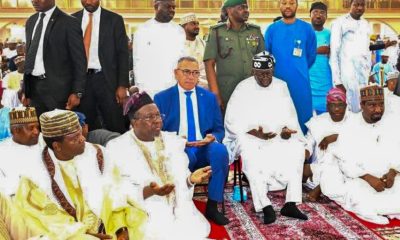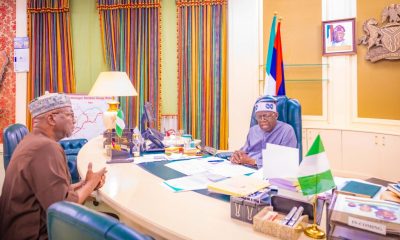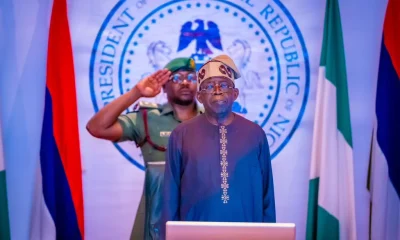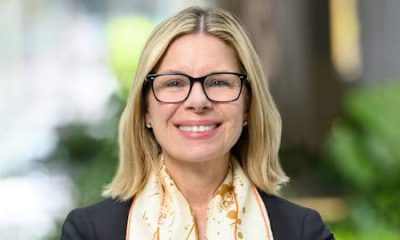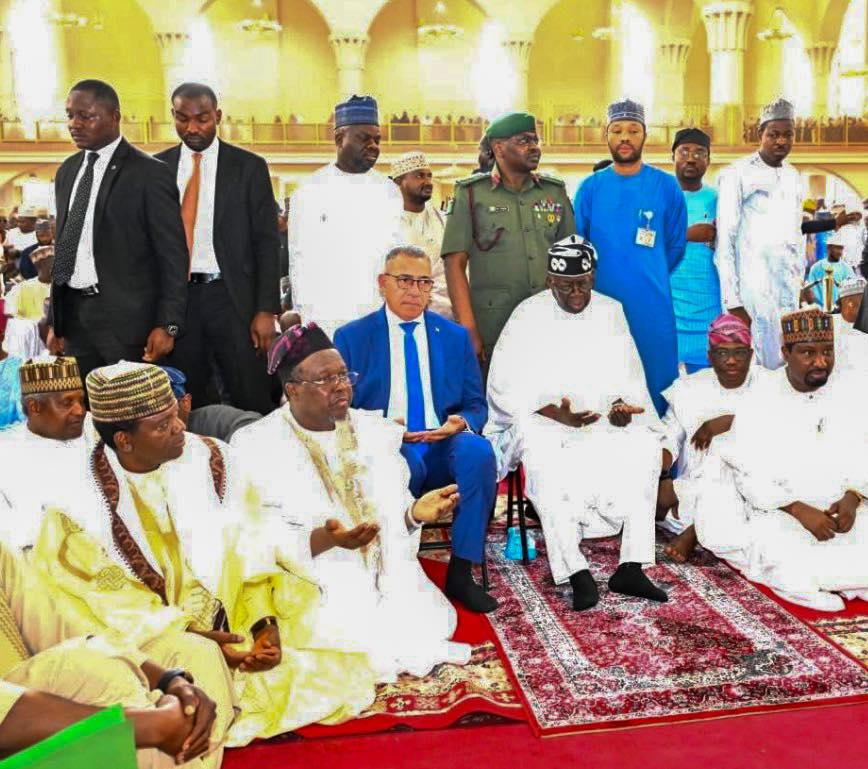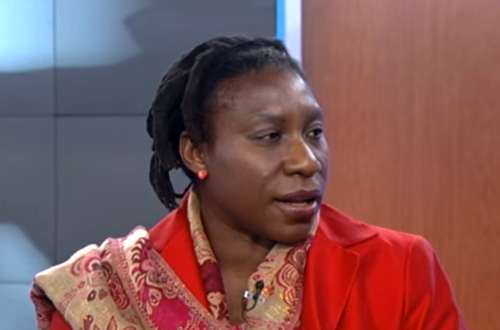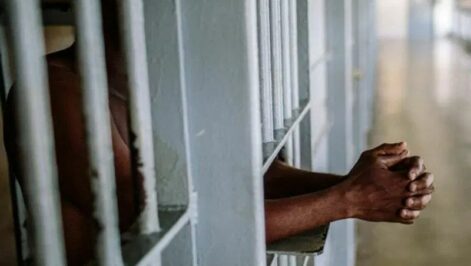The Presidency has reacted to a report published in the New York Times criticising the Nigerian economy as facing the worst trajectory in a generation.
Special Adviser to the President on Information and Strategy, Bayo Onanuga, responded on Sunday to the report by Ruth Maclean and Ismail Auwal.
According to the Presidency, the feature story, titled ‘Nigeria Confronts Its Worst Economic Crisis in a Generation’ and published on June 11, reflected the typical predetermined, reductionist, derogatory, and denigrating way foreign media establishments have reported on African countries for decades.
Onanuga stated that due to the ‘misleading’ slant of the report, the government needed to clear up some misconceptions conveyed by the reporters regarding the economic policies of President Bola Tinubu’s administration, which took office at the end of May 2023.
He noted that the report painted a dire picture of some Nigerians’ experiences amid the inflationary spiral of the last year and unfairly blamed it all on the new administration’s policies.
He argued that the report, based on several interviews, is at best jaundiced, portraying all gloom and doom without mentioning the positive aspects of the economy or the amelioration policies being implemented by the central and state governments.
Onanuga emphasized that Tinubu did not create the economic problems Nigeria faces today but inherited them.
“As a respected economist in our country once put it, Tinubu inherited a dead economy.
“The economy was bleeding and needed quick surgery to avoid being plunged into the abyss, as happened in Zimbabwe and Venezuela,” he noted.
He explained that this context led to the policy direction taken by the government in May/June 2023, including the abrogation of the fuel subsidy regime and the unification of the multiple exchange rates.
Onanuga highlighted that Nigeria had maintained a fuel subsidy regime for decades, which consumed $84.39 billion between 2005 and 2022 from the public treasury, in a country with significant infrastructural deficits and a high need for better social services.
He also alleged that the state oil firm, NNPCL, had accumulated trillions of Naira in debts due to unsustainable subsidy payments.
He noted that when Tinubu took office, no provision was made for fuel subsidy payments in the national budget beyond June 2023.
“The budget itself had a striking feature: it planned to spend 97 per cent of revenue servicing debt, with little left for recurrent or capital expenditure. The previous government had resorted to massive borrowing to cover such costs.”
Onanuga further explained that like oil, the exchange rate was also subsidized by the government, with an estimated $1.5 billion spent monthly by the CBN to defend the currency against the unquenchable demand for the dollar.
“This low rate led to arbitrage and failures to fulfil remittance obligations to airlines and other foreign businesses, drying up foreign direct investment and investments in the oil sector.
“To address these issues, Tinubu rolled back the subsidy regime and floated the naira on his first day”, Onanuga said.
Despite initial challenges, Onanuga noted that some stability is being restored, with the exchange rate now below N1500 to the dollar and prospects for further appreciation.
He cited a trade surplus of N6.52 trillion in Q1, as opposed to a deficit of N1.4 trillion in Q4 of 2023, and renewed interest from portfolio investors as indicators of improving economic confidence. Loans from the World Bank, AfDB, and Afreximbank are also contributing to Nigeria’s renewed bankability.
Onanuga highlighted efforts to control inflation, especially food inflation, through increased agricultural production and state-led initiatives to sell food at lower prices.
“The Tinubu administration has invested heavily in dry-season farming and provided incentives to farmers.”
He concluded by comparing Nigeria’s economic challenges with those faced by the USA and Europe, emphasizing that the Tinubu administration is working hard to overcome these difficulties.
“Our country faced economic difficulties in the past, an experience captured in folk songs. Just like we overcame then, we shall overcome our present difficulties very soon.”

 Privacy5 years ago
Privacy5 years ago
 News5 years ago
News5 years ago
 Entertainment4 years ago
Entertainment4 years ago
 News5 years ago
News5 years ago
 Opinion5 years ago
Opinion5 years ago
 News5 years ago
News5 years ago
 Sports4 years ago
Sports4 years ago
 Entertainment4 years ago
Entertainment4 years ago

